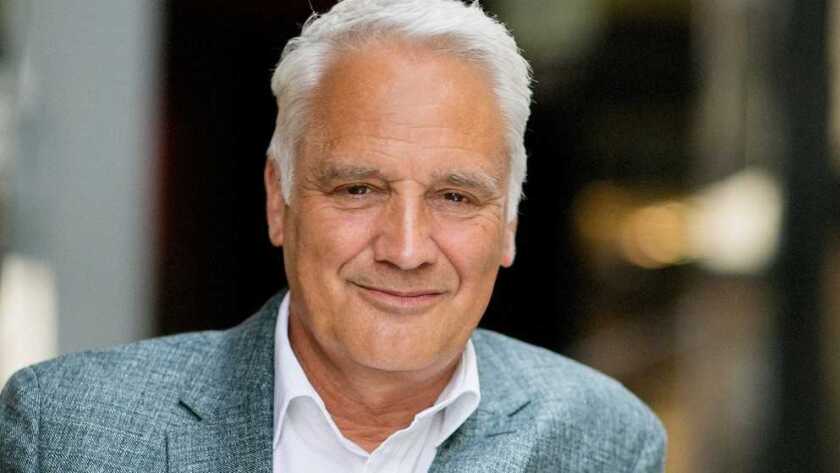Cambridge-1, described by its owner, Nvidia, as the UK’s most powerful supercomputer, will enable scientists to use artificial intelligence (AI) and simulation to accelerate what the company called the digital biology revolution.
But it will have other uses, said Kao Data’s CEO Lee Myall (pictured): “Disease prevention, climate change and efforts to drive a post-pandemic, green recovery are some of the most pressing issues of our time. I believe that Cambridge-1, and the continued efforts of its founding partners will be instrumental for the future of humankind.”
Nvidia, which is fighting a thoughtful PR campaign to be allowed to buy Cambridge chip designer Arm for $40 billion, said Cambridge-1’s first projects are with drug companies AstraZeneca and GSK, plus King’s College London and Oxford Nanopore Technologies as well as two London hospitals, Guy’s and St Thomas’.
It said the project will include “developing a deeper understanding of brain diseases like dementia, using AI to design new drugs and improving the accuracy of finding disease-causing variations in human genomes”.
Jensen Huang, founder and CEO of Nvidia, said: “Cambridge-1 will empower world-leading researchers in business and academia with the ability to perform their life’s work on the UK’s most powerful supercomputer, unlocking clues to disease and treatments at a scale and speed previously impossible in the UK.”
Nvidia wants to buy Arm from SoftBank, which bought the chip designer for £23 billion five years ago. The UK government approved that deal without a murmur, but is now looking at the second deal.
The Competition and Markets Authority stepped into the dispute in January. Oliver Dowden, digital minister, said in April: “Following careful consideration of the proposed takeover, I have today issued an intervention notice. As a next step and to help me gather the relevant information, the UK’s independent competition authority will now prepare a report on the implications of the transaction, which will help inform any further decisions.”
Last week Arm CEO Simon Segars said he supported the deal: “This history-making deal is a remarkable investment in our talent and the UK that will grow our leadership in AI, the most important technology trend today,” he wrote.
At the Cambridge-1 launch yesterday Huang said: “The discoveries developed on Cambridge-1 will take shape in the UK, but the impact will be global, driving ground-breaking research that has the potential to benefit millions around the world.”
Myall said: “At Kao Data, we are delighted to be hosting the UK’s fastest supercomputer sustainably, and supporting ambitions to build back better through our work with Nvidia.”
Kao Data’s campus is in Harlow, 66km from Cambridge, built on the site of Standard Telecommunication Laboratories, where Charles Kao invented optical fibres in the 1960s. He won the Nobel Prize for physics in 2009 and died in 2018.






